|
2/4/2021 Editor's Remarks William Clifford CC
A poem is a really good friend in a dark hour. I have seldom read a poem that gave me an answer to the center of my ache, but what a poem does offer is a felt presence, holding something in us, up. For as long as I can remember, creativity, in my life, was intertwined with healing professions and processes. "May we all find salvation in professions that heal," I first heard Shawn Colvin sing when I was 16. I swore, then, that it meant the song, the poem, the painting. Now that I am older, I realize she may have meant something closer to, "may we all find a really good therapist." But I still swear by it; that creative forms of expression save us. How would Paul Celan have possibly gone on as long as he did, after all of the horrors he had been through, if not for the poems? People are reluctant to conflate the two; art form and the therapeutic effect of the art form. It's almost as if the therapeutic effect of art is seen as some sort of reductive experience. We're wary of strictly defining or boxing in what art does. But who among us has ever healed in the same way? Healing is just as indefinable a process as a poem or story or dance. How does it come to us? And from where, exactly? What is the make of its visitation? There is no point on the map, no X marks the spot. There simply is, something. Something. I was simultaneously very lucky and unlucky in my early life. I grew up in poverty, in a violent, volatile household. By sixteen I was locked up for two years in a mental institution. Around fifteen I had what were called respite workers, who were usually college kids in social work training, who would take troubled kids to stay with them for the weekend and do fun activities with them, sort of like big brother. One in particular taught me how to play Ani DiFranco songs on guitar. That's all we'd do every weekend, play Ani on guitar on the veranda of his apartment, what felt like a million miles away from the cramped, chaotic space of my section eight neighborhood. At school there was the guidance counselor who would call me to her office every week just because she wanted to hear what new poems I had written. When I was in the state mental institution there was the art therapist who got down on the floor with me and shared the ear of a headphone as we listened to 10,000 maniacs sing, 'These Are Days' and 'Noah's Dove.' There was the staff member who would sit with me in the day room while we watched footage from the Lilith Fair, and the staff member who took one of my poems home with him over the weekend and recorded a song from it with his garage band. We sat on the floor with a tape deck as he played it for a group of us kids. There has never been a moment in my life where my ability to stay alive, to survive devastating circumstances, wasn't tied to some kind of song or poem. The ways in which I healed were anything but uniform and reductive. I went to hell in back before I was even eighteen. And though it was not a dark as thick and deep as Celan's, it was a swallowing force of despair to be reckoned with. There were no answers that came to me then, or now. No. But there were presences. And not just the presence of a song or a poem, but just as often, the presence of a person, down on the floor with you, on your level. It wasn't always as straight a shot to healing as it sounds. There was blood on the walls, things you can't un-see or unknow. There were jail cells where I was beaten and pepper sprayed and shackled to chairs in cold rooms stripped of all of my clothes, or left on the floor, shivering. Places where suicide watches were employed as a form of punishment. But even there, art got through. I remember Mary Chapin Carpenter coming on the small T.V. attached to the wall in jail, "it's gonna be ok," she seemed to say. I remember the poem I wrote that brought my cell mate to tears, and that he copied down to carry with him, a talisman of hope. What are we doing, if not that? Forging talismans of hope for the hopeless? So yes, I believe art heals and saves. I didn't really have a choice in the matter. In recovery, they say it is our job to give back to those "still suffering," what was so freely given to us. It is my sincerest hope that this space, this new issue, gets down on the floor with you and shares a song of joy and sorrow in a dark, dark hour. None of us heal or create in quite the same way. If you must keep them separate, healing and creating, at the very least, entertain the thought that we know not where the force behind each comes to us from. We feel the presence of something; the air that moves the flame, the wind that shakes the tree. The voice that say's to us; 'hold on a bit longer than you think you can.' "May we all find salvation in professions that heal." A good therapist, a good friend, a good song or poem. I don't know that it's not all the same thing, really. But that we're not alone in something. Isn't this the point? We are not alone. May there be a few talismans to take with you here on your journey of healing. May they hold you up and see you through. We are, none of us, alone. Hold on friends, hold on longer than you think you can. We need you. We cannot do this without you. James Diaz Founding Editor Anti-Heroin Chic Many of us have experienced in early recovery that 'pink cloud' of euphoria. Our addictions kept us in isolation and despair, and the mere fact of being with other's on similar paths of reclamation after so long in the wilderness gives us the feeling of a homecoming. Simple things can feel like great joys; putting out chairs, making the coffee, doing the readings, greeting the newcomer at the door, chairing a meeting, having responsibilities, like, being trusted with the keys to the church door. We're just really fucking grateful, many of us, for things that most people would take for granted or see as mundane. Well, when that wears of, and it does, we're usually in trouble. Eventually even attending meetings can feel like chores. People we used to be in awe of begin to annoy us, they overshare, hog up the meeting, prey on newcomers while talkin' like guru's etc. We can get disillusioned real quick. And anyone who has ever attended a business meeting has probably thought, "what the hell ever happened to principles before personalities?!" My problem was always the God bit. Spirituality. I was abused with religion growing up, so the spirituality aspect of the program was always something I struggled with. I would walk out of a meeting the moment anybody even mentioned God. My first sponsor drove me deep into the middle of Kentucky for a pig roast in the middle of the woods one night, to meet a guy who he thought could help me with my God stuff. We were far deeper South than I felt comfortable going, in a county where people didn't have dogs as pets, they had wolfhounds, and you could hear their half domesticated howling filling up the night air. Fitting, as that was sort of how my soul felt right about then. I wanted to stay clean but I was so disillusioned by the simplistic approaches to spirituality in the rooms. To buzzwords and catch phrases. The man I talked with that night was a guy who had been brought to his first meeting at gunpoint while in the army, after waking up in a straight jacket with half the bones in his body broken. His MP literally took him with a barrel to his back to his first meeting. If I were going to listen to anyone talk to me about spirituality it was this guy. I always respected people who had it rougher than the rest and still managed to pull of a program that wasn't boiled down to simple clichés. He taught me what he called a cracker jack box prayer (I still don't know why he called it that) but it went something like this; "whatever you did today to keep me clean, maybe you can do that again for me tomorrow. Thanks." "Leave out the God part", he advised. "Just mumble the goddamn thing if you have to, like you're talkin' to yourself." The point was to acknowledge that I was by no means capable of going it alone. Whether it was God or good orderly direction I was getting hung up on, I had to admit I was pretty bad at living life on life's terms. I lacked humility. Most of us do. And so a simple thing like talkin' to yourself in the form of a blank check prayer can be just enough to keep you out of a spiritual ditch. Like Finlin says of humility; "Humility is always the result of something. It is a result of truly seeing our place in the grand scheme of things. We can't practice humility. I cannot try to be humble. As soon as we try to be humble, we are no longer humble. When we humbly ask to have our defects of character to be removed, it's because we realize we don't have the power to do it ourselves. We have been humbled. So, practicing humility is kind of laughable. We can take who we are into the world, but that's about it." What I wouldn't have given to have had a book like Jeff Finlin's "The Secret of Recovery" back then. Jeff verbalizes what many of us feel at some point in the rooms. And there are no good road maps for where to go when we get lost. Jeff's advice, in part, is to understand that the self is the splinter in the skin. "Selfless service is not about carrying some kind of cross down the street", he writes. "It's about breaking down the barriers of our conditioned responses... We do what is needed without worrying about our own fulfillment-without worrying about what we like or dislike. Doing something that does not mean anything to you with total involvement is what breaks down the karmic structure. We get out of our own self, and by doing so, the internal structures start breaking down, and our energy is able to start flowing in a different way." While the Big Book and the Basic Text and 12 and 12 are all good guides in our recovery, sometimes, for some of us, we need something more. It helps when that something more comes from someone who has experienced the same frustrations and roadblocks we have. "Our method of recovery is not really something we choose," Jeff writes in the opening of the book. "In the long run, it's something that chooses us." "So many people are running around in recovery circles these days, trying to define what path of recovery is right for "them." They think they have a choice in the matter. What is the right recovery for "ME?" Well, what we think of as "ME" is generally the problem." The bottom is an awakening, Jeff says. The bottom of self, an emptying out. Most of us filter the world through paradigms of "ME ME Me." We can't seem to get out of our own way. But everything is connected to everything else. I'm a piece of a much larger puzzle. But often we feel like pieces of shit at the center of the universe. As Alice Wetturland says; ‘The piece of shit at the center of the universe’ describe the feeling of self-loathing and depression that becomes so all-consuming that you actually begin to inflate your own importance. This misperception is a sickness, and the cure is to invest in others. Not to prove to yourself that you are good because you can do things for people, but because shifting focus to something outside yourself teaches you that you’re not the only one around with a story to tell. You’re not the only piece-of-shit creature who needs things, who longs for love and comfort and satisfaction.' Similarly, Jeff Advises, we need to learn how to get out of our own way. Much of that is about surrender-kenosis; self-emptying. And perhaps surrender too is something that chooses us. Hit enough walls and something happens, if we survive the crash. "Grace is always a factor," Finlin says. "Philosophy doesn't create an experience. The experience created the philosophy. What is your experience up until this point? Ask yourself." Throughout 'The Secret of Recovery, Jeff balances his own relatable experience with what he calls the reluctant yogi. Sannyasin meditation meets step work and service, along with a profound understanding of our interrelational selves. Like D.W. Winnicott, Jeff describes those things that should happen but don't, and those things that shouldn't happen but do, in our early lives, that warp our growing points into growing pains. For anyone who has ever struggled with "their" recovery, the point here is to subtract what you call you and yours and dip into the larger stream you're already a part of. You're not the stone, you're the water. Or rather, you are stone and water and air and mud. Everything is in everything. It won't always feel like it. That's okay. How else would we ever know it wasn't all about us if we didn't entertain the thought that it was from time to time. That's the human experience. The point is not to stay there too long. The Secret of Recovery is not just a good road map, it's a good road, one that we don't walk alone. Once we realize, or something out there realizes for us, that we are not the center of anything, we begin to become part of something that carries us, we know not how or where, over the mountain and towards the light. "Our accumulated experience up to this point is useful for survival. That's about it." "There is nothing to hang onto here," Jeff writes. The world is impermanence, forever changing. So, the questions begs; are we not also? Forever changing? The Secret of Recovery is available for purchase via Amazon. Visit jefffinlin.com for more. 2/1/2021 Reentry by Amy Lyons Diana Gurley McGaw CC Reentry Ativan escorts me to the party. My mother threatened to fly here if I don’t stop isolating. It’s not a specific celebration or a holiday, which makes it worse. A get together, freeform, un-topical. Jean tells me I look ravishing because that’s how Jean talks, nervous or not. Fighting tears, Ellie says so good to see you. I back away gingerly, like it’s a stickup. Out on the balcony, the Washington Monument fits inside Rick’s martini. His pimento peers like a third eye above the eyes blinking from the obelisk. Treetops obscure a thousand tic tac headstones at Arlington National, but a few insist on being seen. I thank them for their service. Kitchen-bound, I pick the wine I brought, take only what once belonged to me. Some guy in an Atari t-shirt wields an empty glass, as if I exist to fill him up. It’s not my cousin’s fault. She clicked on the unicorn blanket that suffocated Liam, but it was me who built the registry at Target and shot the blanket's bar code with that red, beeping beam that adds it to the list. Pouring, I ask the guy if he’s more Asteroids or Pac Man, cringe at the anger that sharpens my tone. His vintage bent I can’t abide, but he’s a stranger and I’m mainlining anonymity. Friends lurk. They can’t un-see the circus animals I stenciled along the nursery’s border, the empty crib. Maze-based games are this guy’s jam. Now he’s bragging levels. Fifth in line to relieve myself, I photograph the evidence. Mom texts back, elated I’m out having fun. She doesn’t notice all the women holding it, trying not to burst. Swallowed by the pile on Jean’s bed, my missing coat curtails an Irish exit. I surrender, wake an hour later beneath a blanket of bombers, peas, and wool blends. I tap to hail a no-talk Lyft. My question breaks the rule. The driver says the kids smiling from the square taped to the dash are nieces. She’s only aunt material, she adds. When I was little, my mother belted me in the backseat Sundays as she chauffeured her sister through errands. My aunt was a painter who shared a one-room walk-up with a cockatiel. She wore the same short skirt from March to November and smoked out the window on the way from the market to the laundromat. Once, we dropped her off and found a man sitting on her stoop. My mother said she thought my aunt had ended it. Screaming, my aunt accused my mother of not knowing shit, with her spoiled bitch kid and perfect husband. The driver changes course, says she’s sure she’ll want her own one day. 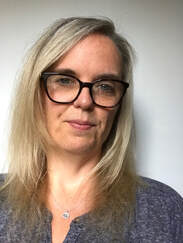 Amy Lyons writes fiction and non-fiction. Her writing has appeared in The Independent, The Pittsburgh Post-Gazette, Lunch Ticket, 100 Word Story, Literary Mama, LA Weekly, Lenny Letter, Backstage, Pulp, and others. Her work has been recognized and supported by an honorable mention from Miami Book Fair's 2020 Emerging Writer Fellowship in Fiction, a 2020 Best of the Net nomination, a 2020 Best Small Fictions nomination, a 2019 residency at Millay Colony for the Arts, and a 2019 Mid-Atlantic Arts Foundation Creative Fellowship. 2/1/2021 Poetry by Audrey Gidman Alberto Garcia CC
notes on grief (iii) no i am not no i am not afraid-- i am reading a book & it tells me there are flares bursting from the sun like fists & solar missiles forming even now & the galaxy is the hot belly of a whale— no it doesn’t really say that but i know it i know it & some flowers never break ground & some things break inside the body & when i was young i had no teeth but my hands were strong & how is it i forgot how easy it is to die? Audrey Gidman is a queer poet living on the Kennebec River in central Maine. Her chapbook, body psalms, was the recipient of the 2018 Elyse Wolf Prize and is forthcoming from Slate Roof Press. Her poems can be found in mutiny! magazine, Q/A Poetry, Confrontation, The Rush, Pinky Thinker Press and elsewhere. She received her BFA from the University of Maine Farmington. 2/1/2021 Poetry by Megan Finkel katie chao and ben muessig CC elegy for two addicts (in the end i save myself) no matter how hard you cry / or try to fight /or claw / tomorrow will arrive at the edge of night to meet you / whether you are sober // or sick // or coddling your next //// relapse //// the future is rising from its / dusty bed / of / dead things / with the light of dawn to embrace you / even if you reinvest in /// your addiction /// tonight with / me / shivering under your sheets saying / no / no / no / tomorrow will not cancel its plans to come into the city / a causal voyeur / we expect is a / clandestine devotee of chaos / as if / it didn’t know // our suffering // or / didn’t care / breathing fresh air mingled / with shit / whispering portents for us to log in / spiral notebooks /// substance abuse disorder presents the / freudian / death / drive in the user / you empty / your aggression into me / unknowingly / but / does it / not / also reveal to us the / nietzschean / affirmation to say // yes // to life / everything you do you do / in excess / & the night is young / & empty / & waiting to be filled / whether it be by / your laughter / & my screams / & a thousand & some odd neural receptors // seething / i am a puddle of water wishing to be picked up like a bundle of sticks / though bones cannot rub / together / to create / heat / we shiver / & melt time / to a smooth silvery // substance to ingest /// with whatever is brought up from the vending machine in the night such as / twix candy bars / congealing / in / sore throats / & sprite / & hollow // stomachs aching // one night you told me // i need to be with someone who isn’t sick // the sick jokester you are / which sparked the debate of / which one of us / is // worse off // & who will tomorrow hit the hardest & / tomorrow stumbled / as always like onto a / crime scene / & everytime / i accidentally kick up a shard of broken glass / on my street / on a / drunk / & cloud-filled / saturday morning / i cannot help but remember the / one night / last winter // i ran // from union square station all the way / home / barefoot / in the rain to arrive breathless at the foot of / our bed / & there was / no glass rattling / inside my feet then / but something /// shattered /// regardless / inside of me first & then / outside / of me / between us the #1 sign of an /////// addict /////// is the stupid shameful shit they say before & after & during the duration of a high / i cannot allow myself to remember it all & / if i do i / choke / out a laugh because / this morning my mother texted me ‘the rain will be over soon’ even though she lives / one thousand six hundred & twenty eight miles / from here & / loves me through the weather app / & this is the love love love / that we never knew & two loops wrapped around us / mimicking space /// if i could write a blueprint to recovery i would tell you that / the universe / will / carry you / along though you resist / to open your eyes to your own frailty / is the strength you have been missing / everything that saves you is / an ascent / you must prepare for the climb into tomorrow / & tomorrow & / i walk by our old places & see / myself / how i used to be / now i know what love is / a bridge you start out on & never finish / where flat land & sky meet the line that is wearing thin / betrays the round earth / blends into / ash / in dark / & i have reached the other side of pain / where you tread not where my / substance / trembles on the inside / never pure // i do not let it rot // always throbbing / oh my life i have found my way to the center where it is warm / & i breathe deeply for the first time thanksgiving in an eating disorder treatment facility some pray to god and others beg for the strength they do not have. the food is stale and sacred. we think of our lost mothers and shed single tears. shaking heads. angry tongues. tongs hang from loose tupperware, crust develops on soft surfaces of casserole and cranberry. i pull my lips into a tight smile, nod toward a friend as her fingers rise and shake. mashed potatoes stained with gravy tastes more like saltwater than anything. our eyes drift from plate to plate and our stomachs unfurl in steady succession. oh to be those normal eaters who mindlessly pick at the delicious and surround themselves with loved ones. i remember that these are my loved ones. someone reads a poem and someone spoils a movie someone sneaks some food off of someone else’s plate. madhouse. someone refuses and someone is laughing on their own. turkey dry. listen to the gnawing of bones to pass the time. my bones tremble away from the back of my chair. rate your stress level from 1-10. fuck if i know. someone is tearing up the stuffing they will not eat and making a beautiful and monstrous mess. i hate it and cannot look away. we play a game to distract and detract from pain. two truths and one lie. one day i will be out of here and never remember my first deliberately skipped meal. one day i will learn to love and not be incinerated. i am floating above this room without my body. some of us haven’t read a book in years and some of us believe our suffering would make a best selling memoir. we obey like children at snack time. forty five minutes of designated survival, and every bite counts. i remember i hate my saliva. sounds of mastication. bile. open close open open wide. cigarette breaks. diet coke as contraband. dreams of others holding our hands. unfemininity and asexuality. music therapy. oral wow-factor. always being mindful but not too mindful. flashes of the last supper. on nights of betrayal, we eat bread. we hoard our blood behind our eyes, vision blurred. every one of us is a convert of sorts. we learn our movements by the hands of the clock, are more machine than human now. we are one another’s mouths and stomachs and quivering hands spread long across the table. a sacred ritual learned instinctually in one glance. the flavor lingers in each of us because there is no forgetting. years later i still do not forget the taste of dry dough and the acridity of a laugh mingled with a cry burning up in my nostrils. a flimsy white paper plate with my name on it rests unburdened by crumbs. we vacate the table, notice but do not understand how we have changed. the communal body severs. please identify what you are feeling in the aftermath. there are twenty seven emotions. all i taste is the pie crust made by no one’s mother. i think how one day i will run and no one will stop me then. i wait to feel weightless again and again and still cease to be ruinous. what else is there to be other than victim? survivor. coming out alive. a smile ripping cellophane into tomorrow. i know what it means to be living in the one little house on fire A week after meeting me, a girl in my therapy group told me i was the ‘ultimate couch burner’ Colloquially, this term means an unwanted guest someone who overstays their welcome; they might trash the living room, eat too much food, smoke all the weed in the house, take advantage of the good graces of their hosts In this case, we mean something different, we are talking about a daughter a space neither positive nor negative that no one can decide whether to fill or empty something left on a cluttered counter a smile to tend to or let fall, the echo that goes round and round a small, dark room like the halo around a scintillating flame No one wants a couch burner so why did this girl who somehow ended up sharing a piece of my fate come to call me one? i didn’t want to be called what i already knew i was, unwanted i liked the way it sounded though i liked the word burn especially i pictured the glisten of the television screen transcending years of distance and the back of my father’s head shaking underneath him flames starting to lick so slightly no one notices i do not have to say a thing to bring the whole house under siege, red at the center the sun coming into full view i think the girl got it right something burned Unwanted or abandoned, feelings that teach the heart to hate my hand that cast the first stone i ruined my family with a single stone i shook ash from my collarbones like dust off an old shelf and was born again and again the phoenix who could gaze through each window watches a family burn and die in the burning A couch ablaze, my tongue thick from waiting i give a response this time that is more than a whisper distinguishing myself from the dying flame i started I started a fire to make way for this life i did not hear the echo i went to some poetry summer camp in new england when i was fifteen after getting treated for my eating disorder my instructor who was mainly not a poet but a playwrite asked me at the end of one session in which the entire class had read my poem she asked me if i had ever been in a mental hospital or tried to kill myself i said no well sort of well how about this opening all the windows to ur bedroom on the coldest day of the year in a bra and period blood stained fruit of the looms not enough to ward off goosebumps convinced that this is exactly what it feels like to be dead my death drive is passive a pet i forget to feed until it yowls i called my mother one night my freshman year of college thinking that if i went to the ER someone could stop me from choking on my own breath i wanted to be taken seriously for once she asked if i was a threat to myself more specifically if i was contemplating suicide i said no but i don’t think i’m going to survive this i survived took my mother‘s advice and swallowed a handful of the pills i had been prescribed that were less intense than my old pills because the old pills i got dependent on due to a combination of genetic predisposition and a supposed lack of self-control fast forward to the guy who tattooed an alan watts quote on my left ribcage two nights ago asked me when it was over if i heard my bones i said no was i supposed to? some people can hear the hollowness of their bones when they get a tattoo there he told me and i felt like melting salivated on the spot because that is what i have wanted to feel my entire life but for some reason i wasn’t like the others who got to listen to their bones i ask him is it like an echo? well he tells me sort of 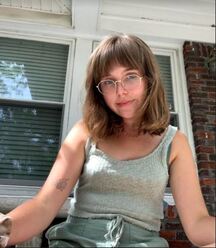 Megan Finkel (she/her) is a queer writer studying Comparative Literature and Russian language at NYU with a passion for mindfulness, mental health awareness, and authentic expression. You can find her on Twitter @megfinkel and her Instagram which follows her journey of self-love and full eating disorder recovery @meganeatingfood. 2/1/2021 Poetry by Shannon Cuthbert strahovi CC Schema Under the magnolia tree she blooms a body without serotonin. She has scrambled her letters in mud till they blow soft into the marshes. When she lifts the canoe paddle her arms ache with what cannot be held. Afterward, she wanted to sleep a month without language. Wanted to scramble up some attic stair, point from a window at all the winged things. They left her there dreaming, seizing small mercies, sewed her as a glove, soft up the sides. To climb again she must learn to unstiffen inch by inch, prescribe herself many unmown lawns, a sunset or a thousand laid bare. Must take for granted getting high on magnolias, a horizon that won’t hold still. Must swallow enough of each tomorrow to raise it wavering as an oar which knows to slice just enough to shake rivers loose, push off against a silty floor. Saltpeter Something in you wild as a star alighting on this earth some time. In the kitchen, at the sink, you glow. Your hands in my hair, smoke of you. The way I shattered once you held me turned a stone-pile, twisted in wind. I tangle you in the yard, my arms strong with the work of last year. Together, bearing marks of sun we open, let in all we’ve birthed. 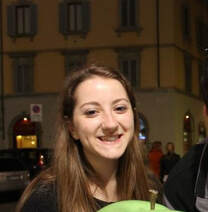 Shannon Cuthbert is a writer and artist living in Brooklyn. Her poems have been nominated for three Pushcarts, and have appeared in journals including Dodging the Rain, Hamilton Stone Review, and The Oddville Press. Her work is forthcoming in Sparks of Calliope, Ghost City Review, and Thimble Literary Magazine, among others. 2/1/2021 Poetry by Jessica Hudson Diana Gurley McGaw CC Small World after the film The Florida Project In this world behind the World, abandoned condos wash down asbestos pillows with lighter fluid. Burn in sight of the fireworks next door. The happiest place on earth. In this world, blue-haired mothers are left too young while their daughters converse & roam the muggy wildlands, breathing alligators, painting jelly on Wonder Bread with a soup spoon. When mothers breed in this world, first they fill the tub with bubbles & naked Barbies & a dry-haired girl who shampoos her horse’s plastic mane instead of hers. 808 beats blunt in the air, clog the girl’s ears for hours. Nothing peeps through the thin door. In this world, the world is a lavender motel where mothers befriend & beat one another & grandmothers raise their daughters’ daughters & daughters babytooth adults for dollars to buy a swirl cone to pass between their tongues as the cream streams down the sides. In this world, mothers hawk MagicBand slap bracelets to vintage tourists. Sneak their little girls in to the highends to gorge on continental bacon. A strawberry & a raspberry at the same time. Yellow orange juice sloshing in a wine glass. Springbok Greta Gerwig cries through fuchsia bangs when the doctor tells her she may never bear children & she thinks I’ll never see him crawl or cry or smoke a cigarette or grow a mustache or kiss her when he thinks it’s too dark outside for me to see or see me cry or see me die & through her magenta tears I fall back to simple summers sitting before the TV, eyes wide as another pair of lips dipped, spread, tasted each other, my hands in a puzzle box caressing loops & sockets, fingering knobs & holes, unmatched keys & locks tickling my teal-dusted palms, listening for the right piece to kiss my fingers & whisper i will fit you see? right there  Jessica Hudson is a graduate teaching assistant working on her Creative Writing MFA at Northern Michigan University. She is an associate editor for Passages North. Her work has been published in The Pinch, Pithead Chapel, and perhappened mag, among others. 2/1/2021 Poetry by Bee Morris Sippanont Samchai CC The Big Finale The poet is a magician, their saintly verbs rightfully knighted, mixing metaphors like paint colors as an excuse to say ochre aloud, & to believe that sound, like so many skeletons, rests in a beyond that none of us have to name for we were had & named not by our choosing, since procrastinating blood. How a century tastes: I don’t remember, but everyone had gunpowder teeth & smiling was all fireworks. Explosions cannot happen in reverse is a reminder of time: a forward thing: felt as it is heard as it is seen. If the sun & moon are not rivals, we should all start loving each other— & secondly, distance makes no sense to me because of how intimate it can be. The end of the world won’t beget aftermath, only after, & you don’t need to calculate a thing, just put your head here & let me feel you feel me breathing. Poem With A View of the Ocean Radio giving voice to unspoken aches, bruises diminishing into an implication of lavender, soundtrack of goldenrod afternoon. Honey falling from the clouds in place of rain, cleansing the world with its thick sweet. Companions sharing body heat, huddled like penguins against the chill, a quilt slipped over the shoulders of an old armchair. A boardwalk pricks the flesh of nighttime, scattered with lonesome fishermen falling in line with the constant brag of the sea and hoping to pull forth a bounty. Another meticulous ribbon of memory swandives toward the eye of a needle, threaded and plunged through the present; twitches of unobscured recollection seduced by the warningless wink of wistfulness. I will never be younger than I am right now. Every second falls from my lips like a clean bone. It’s been a long century of a day, sweetheart, I could use another dose of you. Alterations Share a tender moment with the floorboards. Mostly, evoke something important about enlightenment. The last stretch before sleep or the first stretch after waking. Something like that. Do not trust when boiling water says "suddenly" to you. Wash the sheets. It's been a few weeks now. Invest in noise cancelling headphones to silence the soles of your shoes. In any case, settle the blame. Balance the inconsistencies. Her eyes were no cliche of sapphires, but rich in a new way, like a pulse. In color, more akin to the breadth of a freshwater lake. The heart wants you to peel back the greyscale, or at least break like a sentence in climax. Or else nostalgia's quiet punishing. A dogeared novel on forgotten. Any poem that ends in angels has something to hide. 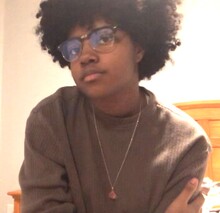 Bee Morris is a poet living in South Florida. A finalist for the 2020 Kingdoms in the Wild Poetry Prize and runner-up for the Miracle Monocle Award for Young Black Writers, their work can be found in The Rising Phoenix Review, The Sigma Tau Delta Rectangle, and elsewhere. 2/1/2021 Poetry by Melissa Sussens strahovi CC In a Post-Gender-Based-Violence World of Survivors The word NO has no alternate definitions, interpretation not up to the listener. I do not spare my no to the man at the market. Here, our braless smiles reach our eyes. There are fists filled with flowers, our throats choked in glittering trinkets. Day and night are equals not only in streetlight islands of safety but in the dark corners now wandered alone. Love is still a risk to the heart but there is no violent t h u m p i n g. Bruise is a colour of eyeshadow we wear for a night out. Dressed as survival, we are all dancing -- an awe of women in crop tops, miniskirts and heels or in hoodies and sweatpants. Our bodies are not welcome mats; men ask permission to enter, here. Little girls make it home from school. We grow old. 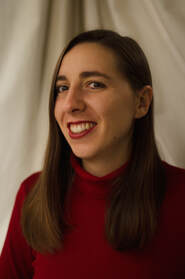 Melissa Sussens (she/her) is a queer South African veterinarian and poet. Her work has appeared in Germ Magazine, Ja. Magazine, Odd Magazine and The Sock Drawer, among others. She is a small animal vet by day and by night a poet and editor assisting Megan Falley with her Poem's That Don't Suck online writing courses. She lives in Cape Town with her girlfriend and their two dogs. 2/1/2021 Poetry by Astrid Bridgwood  Astrid Bridgwood is an eighteen year old poet from North Carolina with a love for printmaking and playing guitar. Astrid's work tends to focus on her girlhood struggles with love, mental health, and body image. You can find her featured in Peregrine Mag, Ember Chasm Review, and All Guts No Glory Mag; upcoming in Storm of Blue Press. Follow her on Twitter @astridsbridg. |
AuthorWrite something about yourself. No need to be fancy, just an overview. Archives
April 2024
Categories |
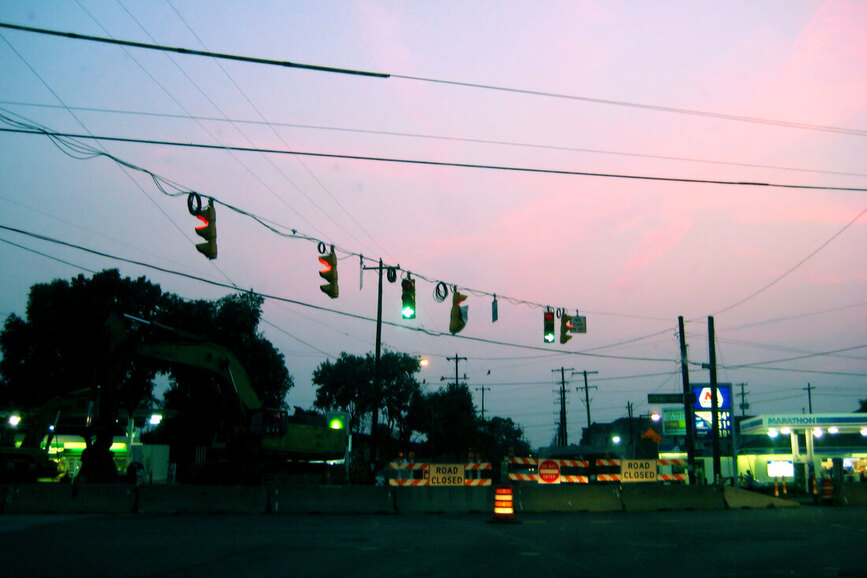
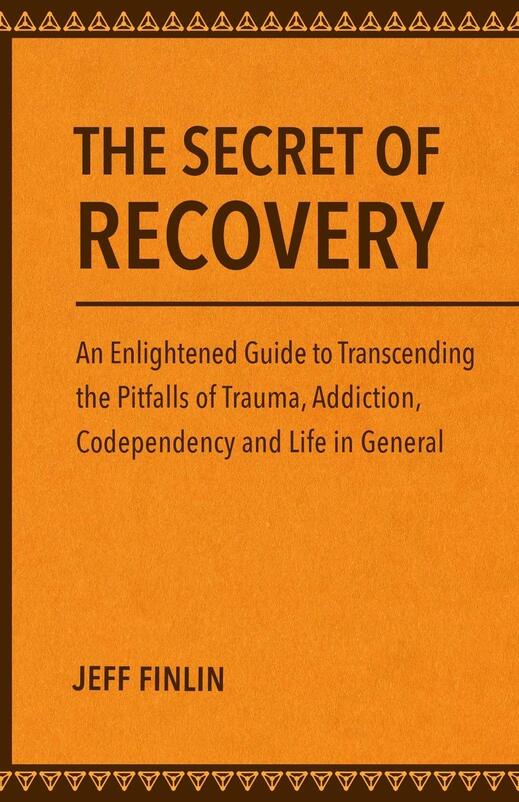
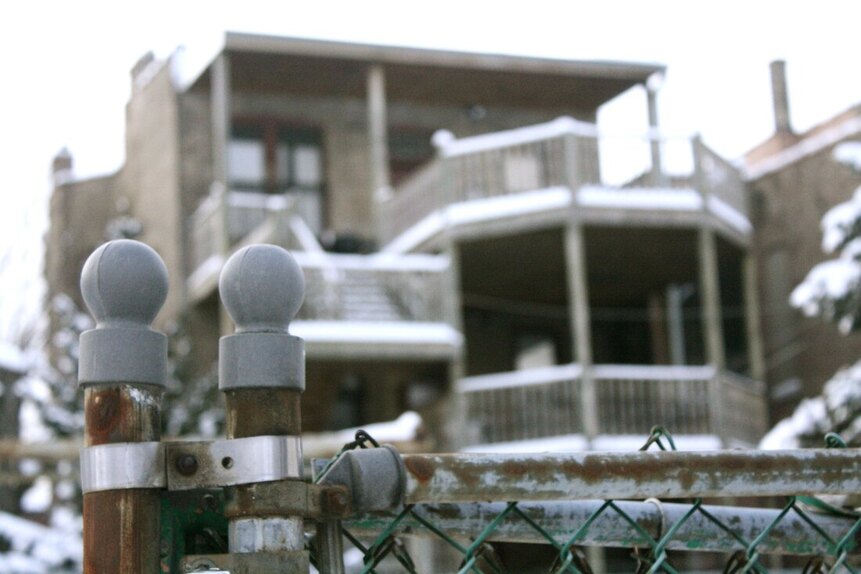
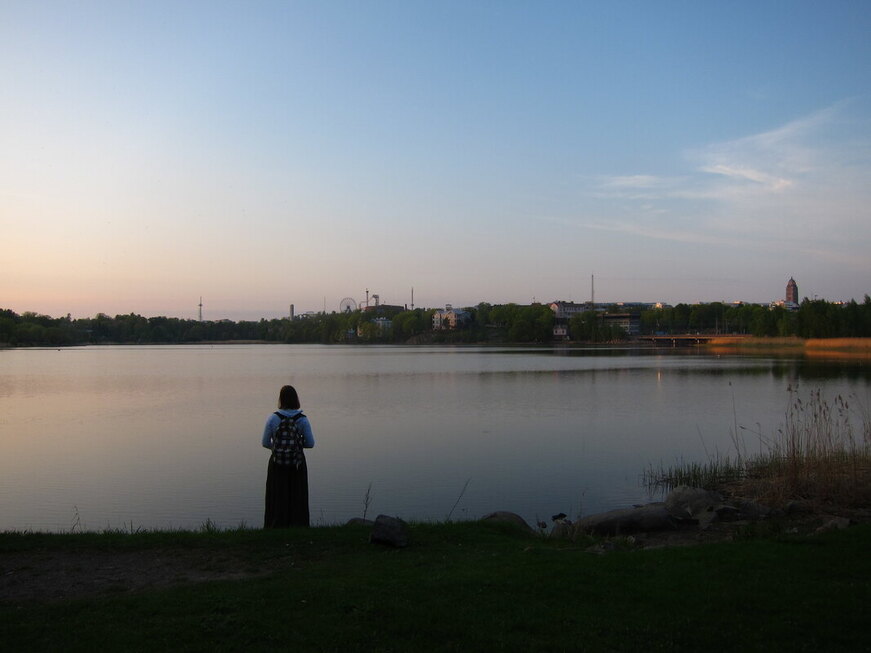
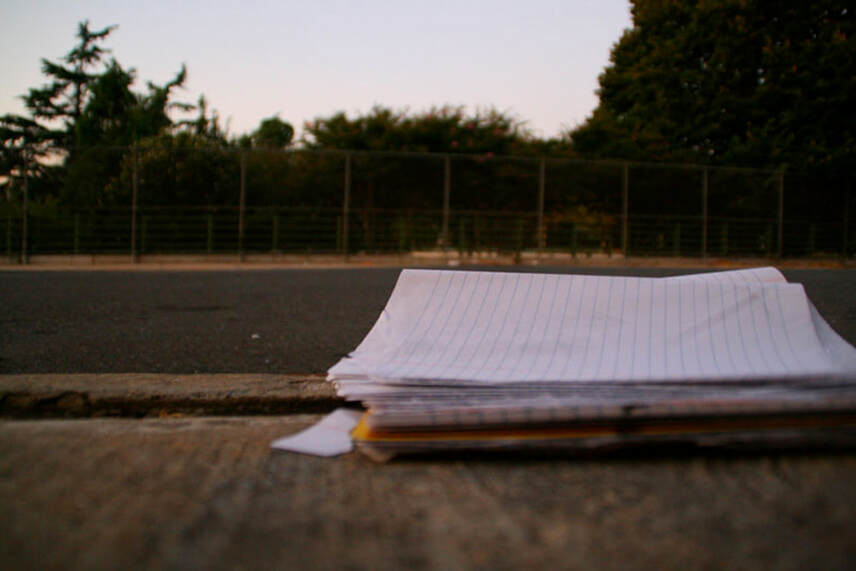
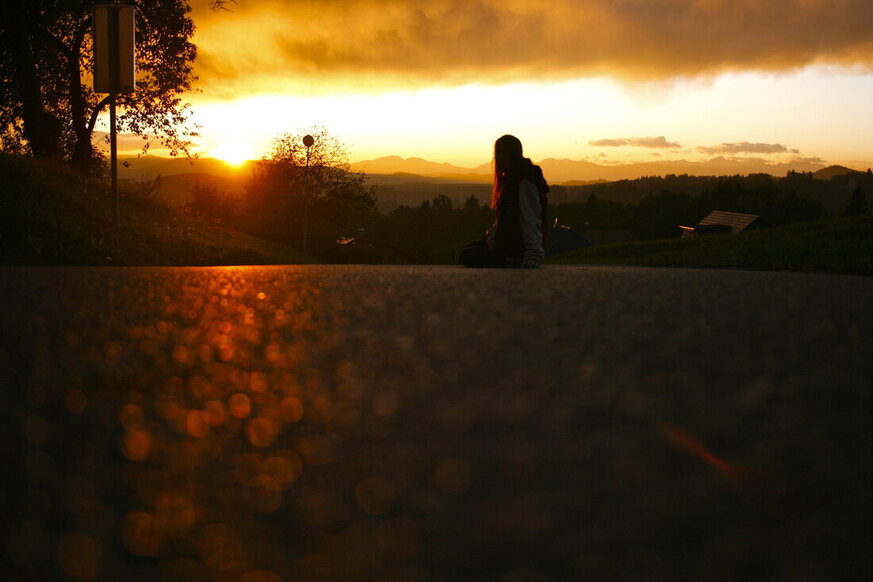
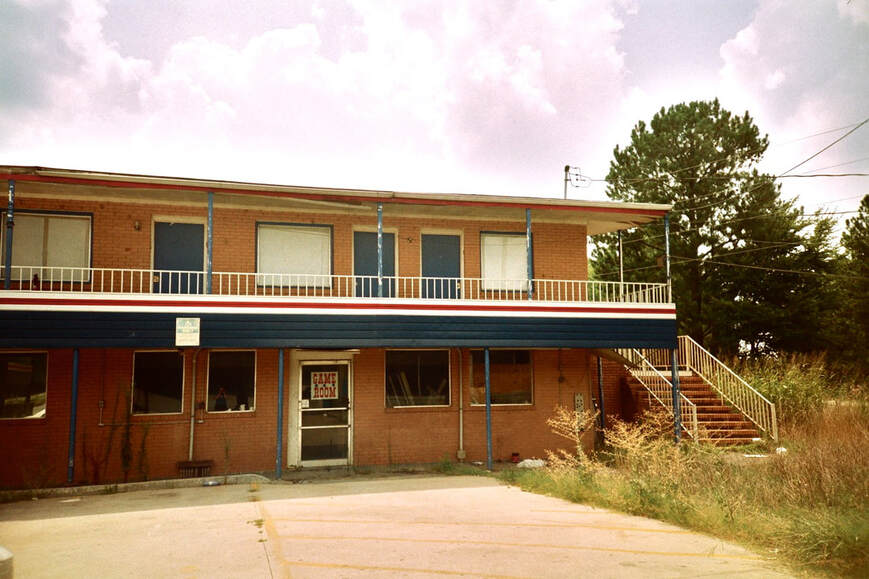
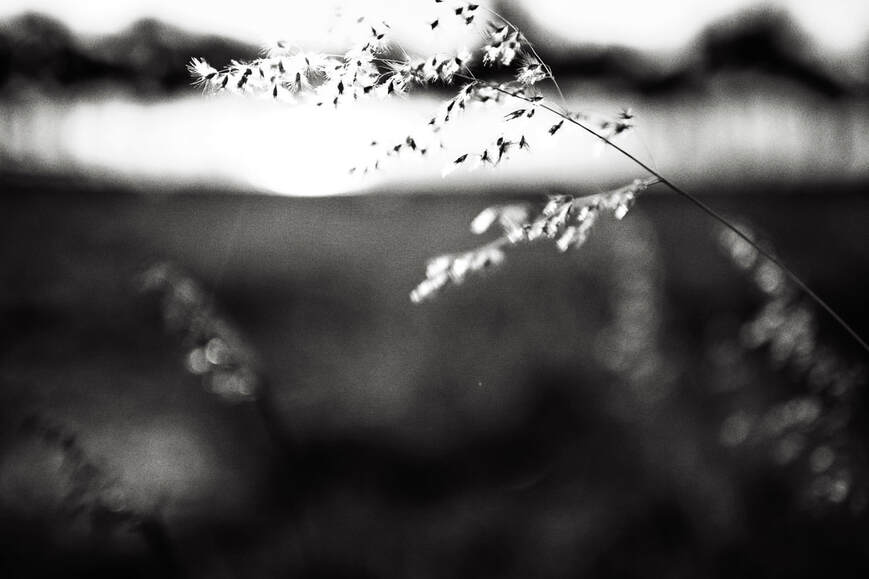
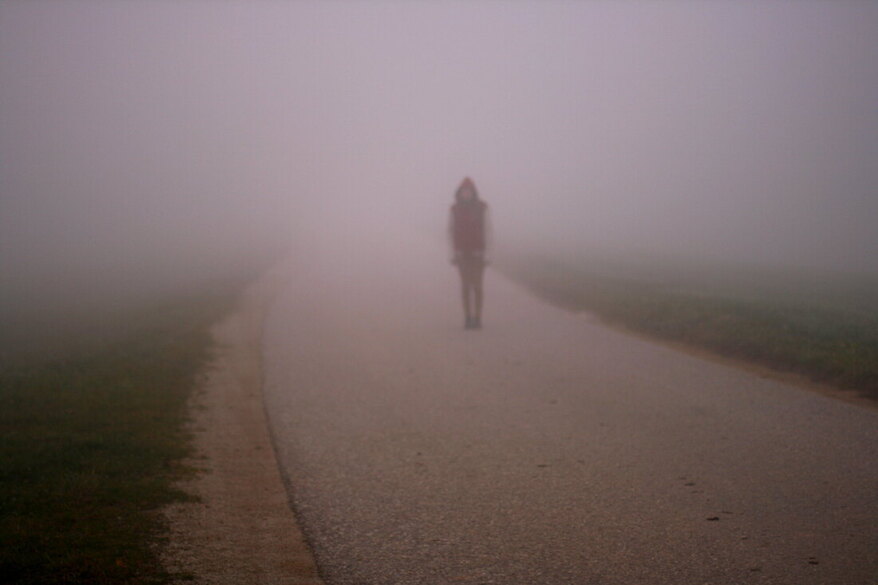
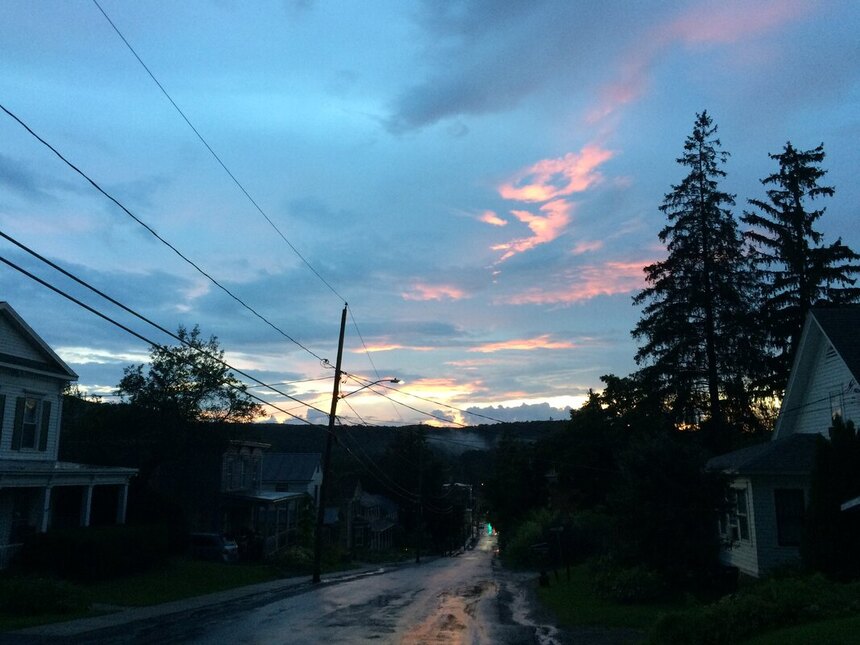
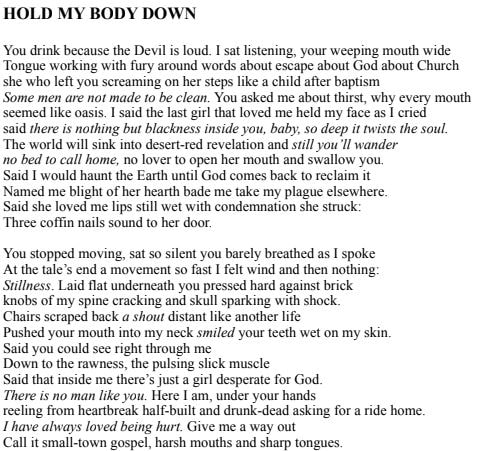
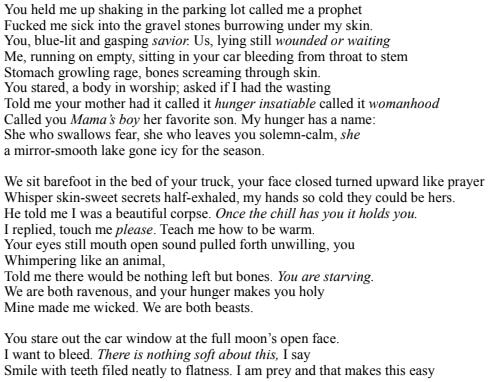
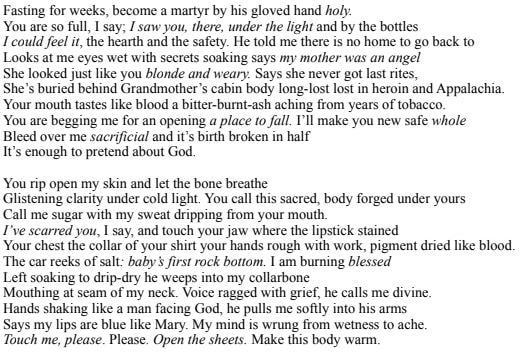
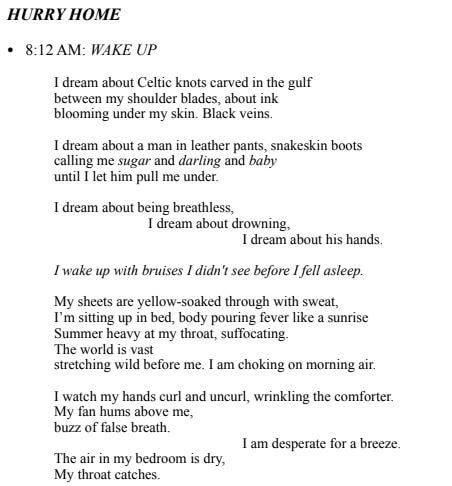
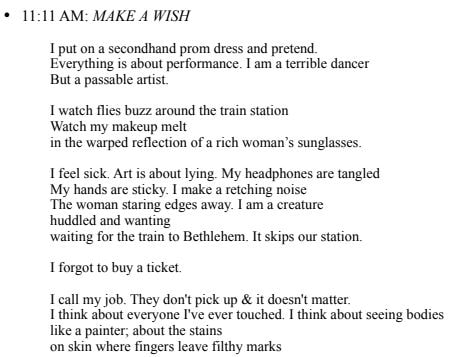
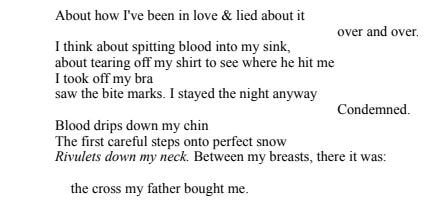
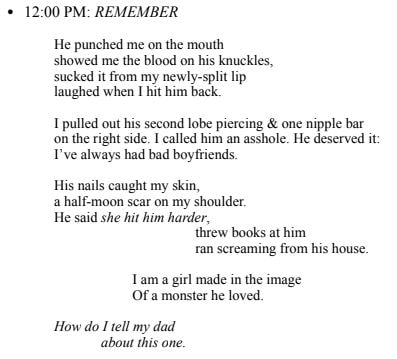
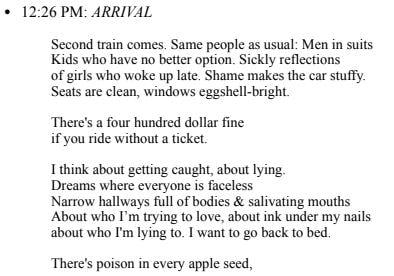
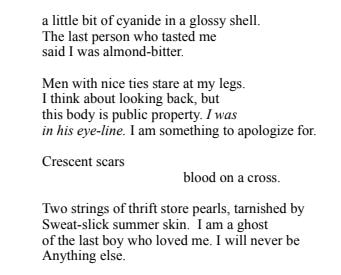
 RSS Feed
RSS Feed
